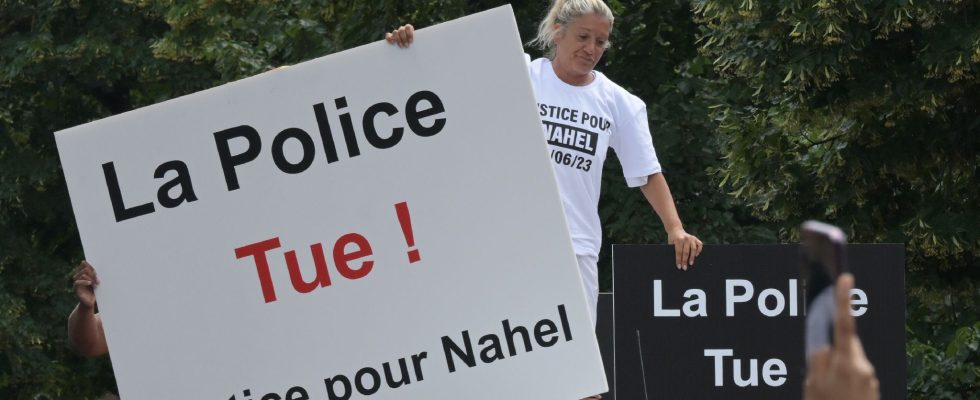News items have certainly always been the daily bread of the media. What is less old is this now systematic tendency to politicize news items. The instrumentalization of victims has become a lever of political combat, particularly at the two extremes of the political spectrum. The template is to create magnifying glass effects. Thus, the extreme right floods social networks with the list of attacks and crimes committed in France as long as the perpetrators bear an African, North African or other name… The reader thus has the feeling that every day is written the chronicle of a Clockwork Orange France (title of the book by Laurent Obertone, who somehow popularized this approach). The feeling of insecurity that our politicians benignly talk about is thus put to the test of reality, with surveillance cameras or police reports in support. When justice does not then pronounce sentences that seem proportionate to the violence denounced by social networks, it is convenient to scream at the denial of justice, thus doubling the bet. This resonates very logically in the security discourse of the National Rally, which no longer has to worry about the accuracy of the figures, since the emotional ground is already boiling.
On the extreme left, it is the police who are tracked down, with exactly the same methods. The presence of street journalists on the places of demonstration does not aim to report on the progress of the parades, but to document the slightest brutal gesture (and there are some!) committed by a police officer against a demonstrator, or worse, of a journalist. Entire channels are dedicated to viewing police events, such as a VAR of the demo. When these images are lacking, surveillance cameras are used, with their inimitable black and white blur that seems to make any scene murky and scary. The observation is known, because it has become a slogan: the police kill. This image rhetoric has an obvious consequence: each camp has its martyrs. The instrumentalization of statistics and images results in the manipulation of victims. We are witnessing the separatism of corpses. For some, it’s Lola, for others, it’s Nahel. For some, it is the police of Viry-Châtillon, for others, it is Adama. For some, it’s Philippe Monguillot, for others, it’s Zyed and Bouna…
Despite all that is tragic and bloody in these crimes, they are not fundamentally political. But everything is done for them to become so. We can clearly see the discomfort of the government parties in the face of this instrumentalization. One day, we decree a minute of silence in the National Assembly for Nahel, another day we quote the names of the police officers who died in service. Waltz-hesitation. Trouble in the “circle of reason”. In truth, we are accustomed, in France, to the litany of political martyrs. Each political or philosophical sensibility has its own, from Victor Noir to Maurice Audin, from the Chouans to the Communards. Our strength, as a nation, will have been knowing how to bring them together in a Pantheon – physical or imaginary – to make all the links in the same story. Henceforth, the victims are made the involuntary actors of an underground civil war revealed by their tragic fate. It is absolutely necessary to give an ideological meaning to the crime of the least scoundrel. The obscenity of the question posed to the prosecutor in charge of the disappearance of little Emile – “what about the far-right past of his parents?” – attests that from now on the dead are sniffed at as a godsend for the violence of public debate.
The simple decency of mourning, the permission given to loved ones to collect themselves and fade away, the time given to the national community to unite around a family or personal tragedy that resonates to the depths of the country – nothing more all of this is not granted, since the cold flesh of the deceased is also the cannon fodder of the media-political chronicle. I fear that this ideological dressing up of crime endorsed by the official political parties will soon lead encountering thugs to believe that they are resisters to the fascist order or valiant revolutionaries, or ordinary citizens patrolling the night with their guns hunting that they are elite patriots. To politicize crimes is to politicize violence. This is to exculpate the culprits in advance. It is preparing chaos.
